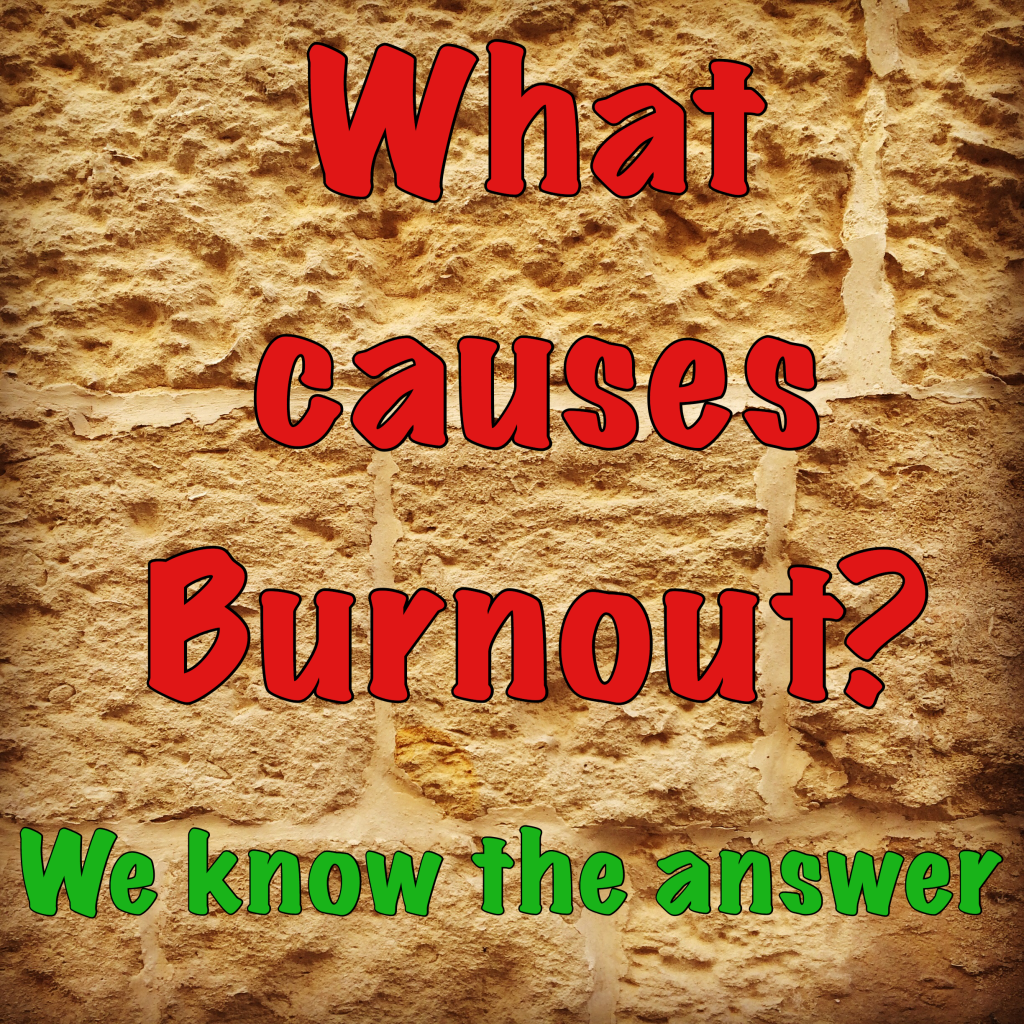
It is not unusual that people experience burnout as a result of their job. Anyone who is exposed to prolonged stress can develop a sense that they are being undervalued and overworked and this can ultimately result in burnout. Burnout can hit us all, from the stay-at-home single mum who is trying to balance the responsibility of looking after two children, caring for her ill mother and maintaining a pristine household, to the hardworking city office worker who has not received a raise in three years or taken more than five days of holiday. However, burnout is not caused exclusively by too much responsibility, demands at home or stress at work. Recent research tells us that burnout can be brought on by additional factors including your view of the world, personality traits and your lifestyle. How you spend your downtime, the pressure you put on yourself and your view of yourself in the world can all have an impact on whether you experience burnout or not.
As suggested above, a number of factors could ultimately be the cause of your burnout. We can split these into three primary groups; work-related causes; personality traits; and lifestyle causes. Work related causes that could result in burnout include: working in high-pressure or chaotic work environments; experiencing a lack of reward or recognition of your work; facing demanding or unclear job expectations; believing that you have little or no control over your own work; and completing unchallenging or monotonous work responsibilities. Personality traits that could contribute to burnout include: you having what is called a Type A or high-achieving personality; adopting a pessimistic view of the world, your place within it, and your own abilities; having perfectionistic predispositions and believing that nothing you do is ever good enough; and seeking out a sense of complete control that prevents you from delegating responsibilities to others. Lifestyle causes that could result in burnout include: not getting sufficient sleep; a lack of supportive or close relationships with others; dedicating most of your time to work and limiting the time you spend socialising or relaxing; taking on too many responsibilities and not seeking out support from others; and adopting a position in life where you are expected to hold too many roles for too many people.
In my earlier blog article Identifying burnout, I highlighted how burnout happens gradually, and that it can creep up on you without you even noticing it. If you are not paying attention to the warning signs, then you might already be on the road to experiencing burnout. At first, the signs and symptoms of burnout may appear subtle and they are therefore often ignored, but with time they will get worse and worse until it eventually feels unbearable. Early signs and symptoms of burnout are your bodies way of telling you that something is wrong and it’s putting up a red flag to help you identify that a change needs to occur. If you ignore these early warning signs, then you will eventually burn out, whilst if you pay attention to them and make changes then you can get out ahead of it and prevent a breakdown.
Below you will find some physical, emotional and behavioural signs and symptoms to look out for to prevent burnout:
Behavioural signs and symptoms found in burnout
- Excessive use of substances, alcohol, or food to deal with stress
- Procrastinating by focusing on activities that do not need to be completed or spending a long time completing tasks
- Withdrawing from others and living in increased isolation
- Arriving late, leaving early or skipping work
- Shying away from and removing yourself from responsibilities
- Becoming easily annoyed and directing your frustration onto others
Emotional signs and symptoms found in burnout
- Feeling alone and detached from others and the world
- Reduced motivation
- Loss of a sense of accomplishment and satisfaction
- Increased self-doubt and sense of failure
- Adopting a negative outlook of your life and becoming increasingly cynical
- Feeling defeated, trapped and helpless
Physical signs and symptoms found in burnout
- Impaired or increased appetite and a change in your sleep habits
- Regularly feeling sick and a noticeable deterioration in your immune system
- Recurrent muscle aches, back pain and headaches
- Reduced energy levels causing you to feel drained and tired most of the time
If you think you are suffering from burnout or would like to learn more about how we might be able to help you recover from burnout, contact City and West Psychology for a free 15 minute consultation here.
Author: Dr Torstein Stapley
Read more about the author here











